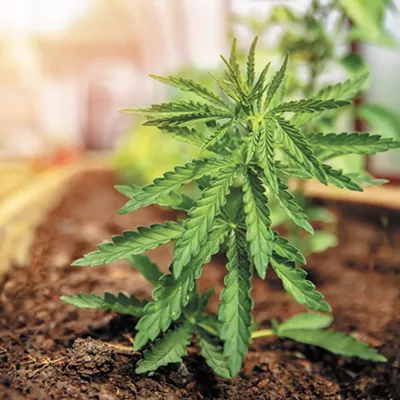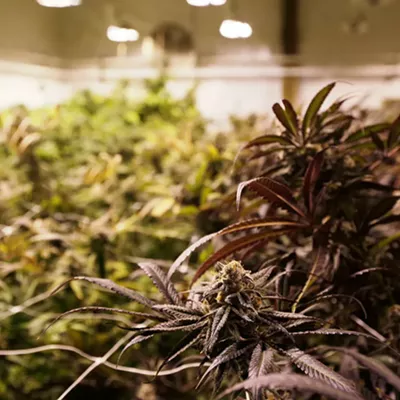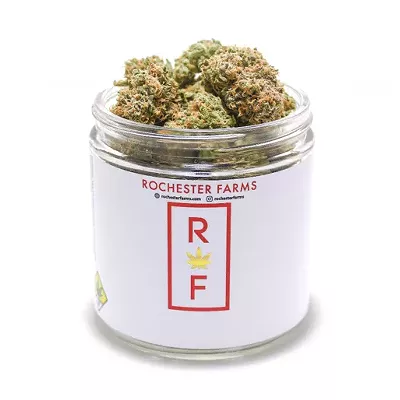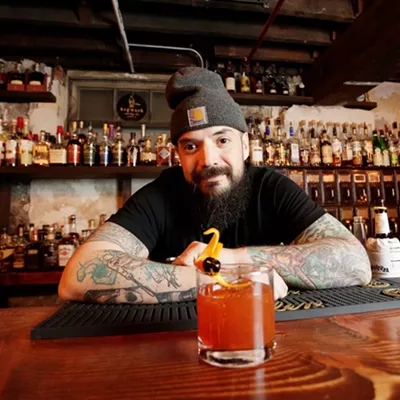Washington legalized cannabis more than a decade ago, but only in recent years has the state attempted to undo the outsize harm that previous cannabis policy had on minority and marginalized groups. Advocates worry that effort may soon be undone by a recent ruling from the Supreme Court.
It was as recently as 2020 that Washington state made an official push to create a "social equity" program when it comes to cannabis.
The point of that program was, essentially, that previous anti-cannabis policy had disproportionately targeted minority groups in the state in a negative way. Recognizing that, the state would aim to undo that disproportionate harm by allowing minority and previously targeted groups a greater share of the limited legal cannabis licenses allowed in the state.
Effectively, Washington planned to pursue an affirmative action approach to cannabis licensing.
On June 30, the Supreme Court ended the era of affirmative action with a 6-3 ruling against the practice, specifically in terms of college admissions.
In the wake of this recent federal Supreme Court ruling, will Washington's approach stand?
Cannabis news website Marijuana Moment published an op-ed by Khurshid Khoja of the pro-cannabis legal lobby of Greenbridge Corporate Counsel, titled, "How To Save Marijuana Social Equity Programs From The Supreme Court's Affirmative Action Ruling."
Khoja writes that the ruling could have "massive consequences for cannabis social equity licensing programs across the country" but noted that "restitution to people harmed by criminalization while also withstanding judicial scrutiny" is possible.
Washington's cannabis social equity program, as defined by the Washington State Liquor and Cannabis Board, "is intended to reduce accumulated harm suffered by communities subjected to impacts from the historical application and enforcement of cannabis prohibition."
Affirmative action for cannabis remains in a gray area federally, much like the broader federal policy on cannabis, which defines cannabis as an illegal drug. Simultaneously, Washington state law finds it to be a legal substance under specific regulation.
The question then becomes: can Washington attempt to undo historical wrongs by giving more cannabis licenses to minority groups?
"Some existing social equity programs have already been attacked and even invalidated on the grounds that they violate the Commerce Clause of the U.S. Constitution," Khoja writes.
Those attacks existed even before last week's ruling by the Supreme Court overturning affirmative action.
Washington's social equity program has so far survived any such attacks, but recent rulings by the Supreme Court add another layer to the complicated relationship between the state's ability to regulate cannabis how it sees fit and the federal government's ability to override a state's policy.
Until a federal cannabis law is decided, this creates yet another gray area for legislators and citizens to navigate.
Khoja offers a solution, however. By concentrating "relief to those individuals who were actually arrested, convicted and/or incarcerated (and the immediate families they were separated from), in a completely race-neutral manner," these social equity programs may have a chance to survive in this new era. ♦





















